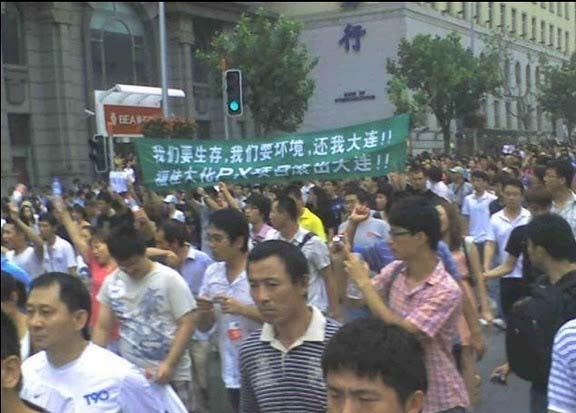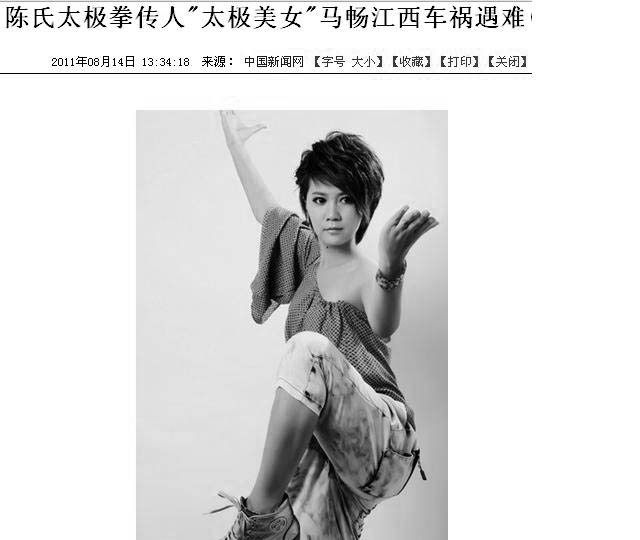Editor’s note: This is a series of translations of Chinese poetry from the Tang Dynasty being published on The Epoch Times website. Each piece will be accompanied by its Chinese original, an interpretive English translation, and a small essay of introduction, contextualization, and appraisal.
It’s been a while since I have published a translation of a Tang poem here in the pages of The Epoch Times. In part, that’s because I’ve been very busy the last few months with other work. In fact, Lan Hua has been tending to an altogether different part of the garden.
Perhaps I should explain further. Li Bai-Du Fu is really two different poets – Li Bai and Du Fu. They were roughly contemporaries in the middle Tang period, although Li Bai rose to prominence first (during the late-early Tang) and Du Fu came along shortly thereafter (at the beginning of middle Tang), like a younger brother, with something of an awe-struck love for his predecessor and mentor. But beholding them together, they are the true twin giants of this incredibly creative period, and they shine all the brighter because standing as one, like Castor and Pollux, they grab and hold one’s attention in the night sky.
And since it’s almost always easier to tell a story chronologically, I’m going to start today with a translation of a poem by Li Bai, who came first in time, with a burst of bright glory. From an early age, his genius was well recognized. But he followed an unorthodox path, as a romantic wanderer, he spurned service in the Imperial bureaucracy. In fact, it’s something of a sore point among traditionalists — for whom poetic talent has always been strongly associated with service to the state — that perhaps the greatest of all classical poets never bothered to take the civil service exam. Lacking official appointment or title, what Li Bai has is a pure lyric voice. He was a great nature poet. And he speaks about weighty spiritual matters with a light, easy touch. As I hope you can tell in mytranslation of his poem below, he could easily wrap the natural and spiritual together in a few brief stanzas as well or better than any other man of his or any other time.

* * * * *
Now, after that grace note of balance and contentment, let me give you swift introduction to the counterpoint temperament, in the person of Du Fu, who springs to life with a voice that couldn’t be any more different. Sorry if the contrast is a little jarring, but that’s how things went in the Tang period, from the free-spirited, Taoist older brother, Li Bai, to the anxious and Confucian-minded younger brother, Du Fu. Where Li Bai disdained service in the Imperial bureaucracy, Du Fu, plodded through a bureaucratic career, struggling through a variety of low-level appointments, frustrated by his lack of advancement and consumed by worry that his true talents remained overlooked. Here is a poem he wrote working late one spring night, sitting up at his desk, fretful and ill at ease.
Lan Hua is the pen name for a New York-based writer and translator. The name means Blue Flower, both in tribute to Red Pine (who towers above him as the greatest living translator of the Poems of the Masters) and the broader lyric tradition in which he tries to participate.



























Recent Comments